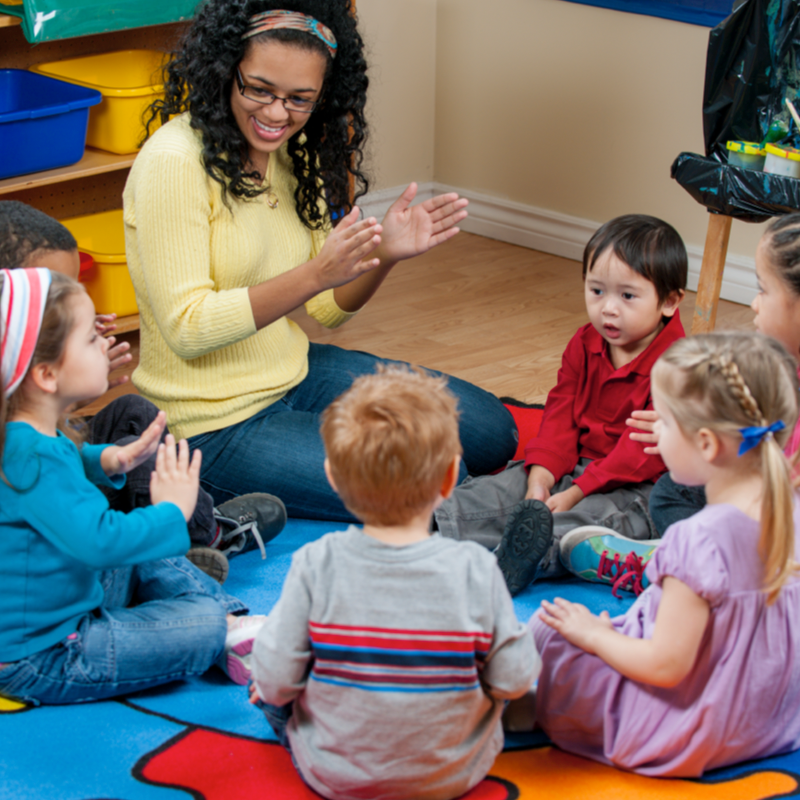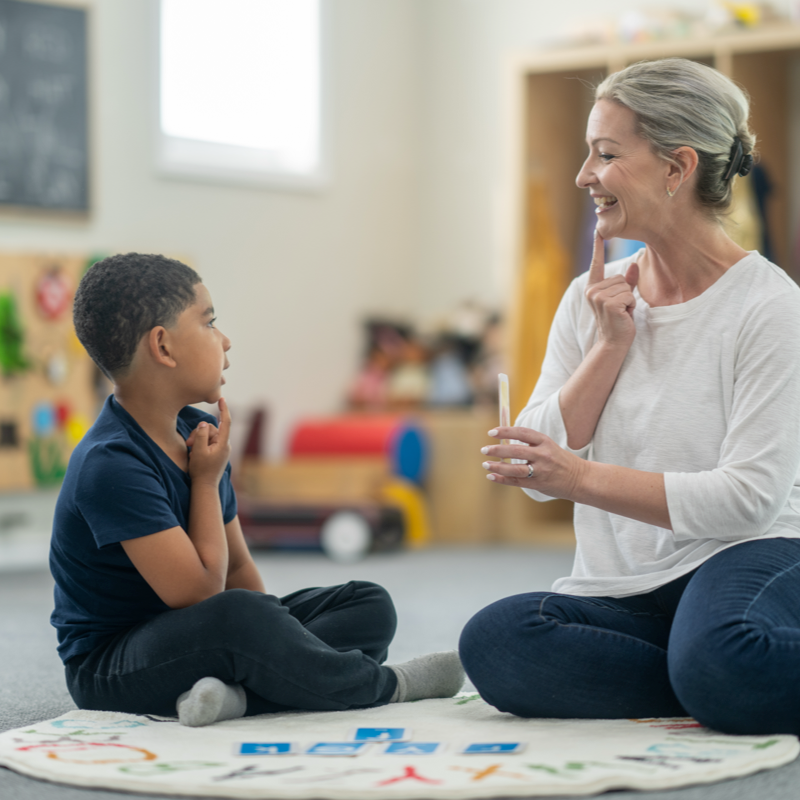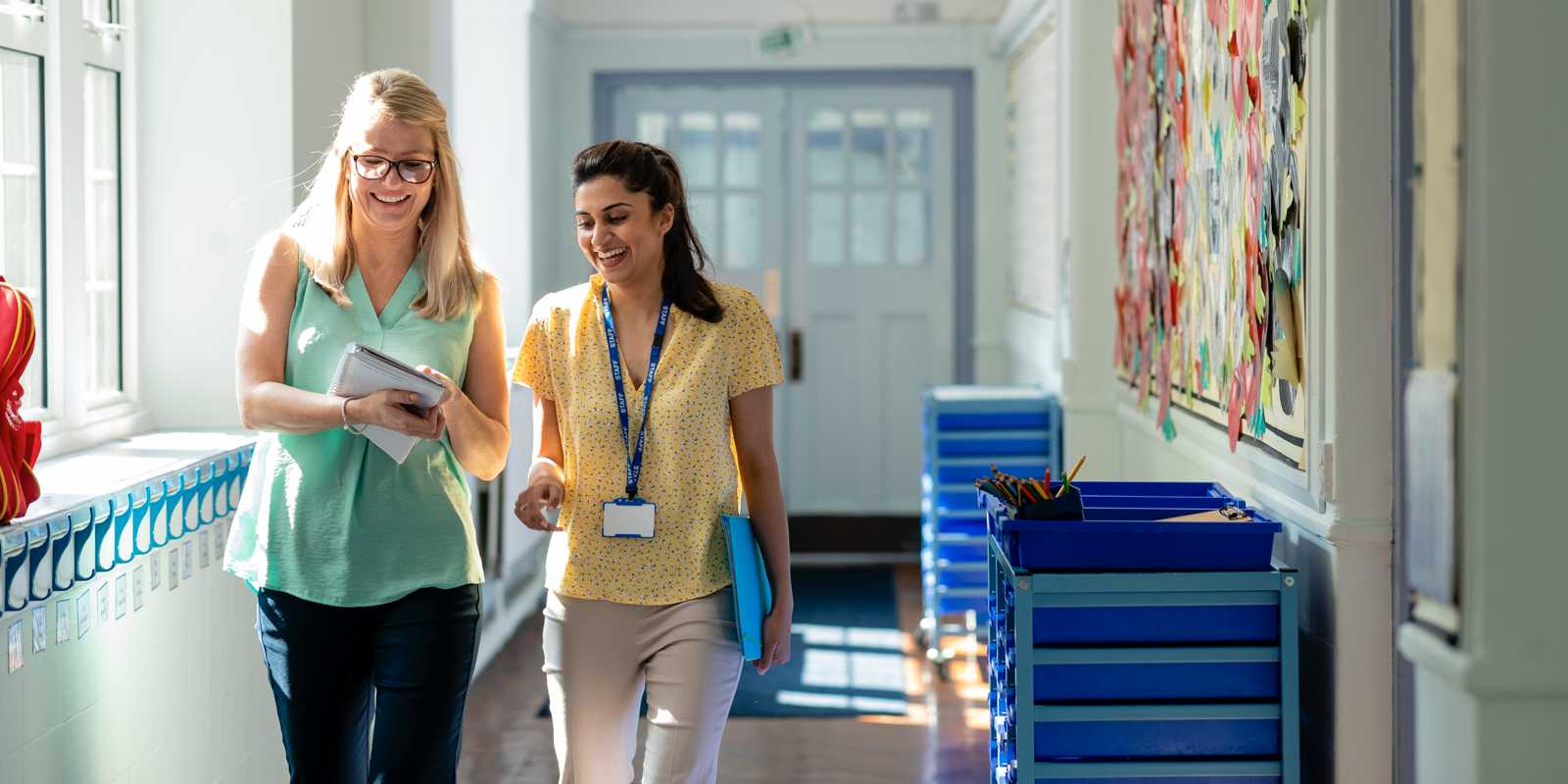Flexibility
Learning Talking offers a flexible service that can adapt to each school’s needs. Sometimes our role is mainly consultative – we support school staff by offering advice, strategies, and resources to help children in the classroom. When we have capacity, we also work directly with children, providing tailored one-to-one or small group sessions. This balanced approach means we can offer the right support at the right time, whether that’s working hands-on with a child or helping school teams build their own skills and confidence.

Evidence Based Practice
At Learning Talking, we use evidence-based approaches to guide our work. This means we draw on proven methods and the latest research to provide the best support for children. Our practice is informed by well-established programmes such as the Nuffield Dyspraxia Programme for speech sound difficulties, Word Aware for building vocabulary, Colourful Semantics for developing sentence structure, and Blanks Levels of Questioning to support understanding and reasoning skills. We also use approaches like Shape Coding to teach grammar in a clear, visual way. By using strategies with strong evidence behind them, we can offer effective support that helps children make real, lasting progress.


